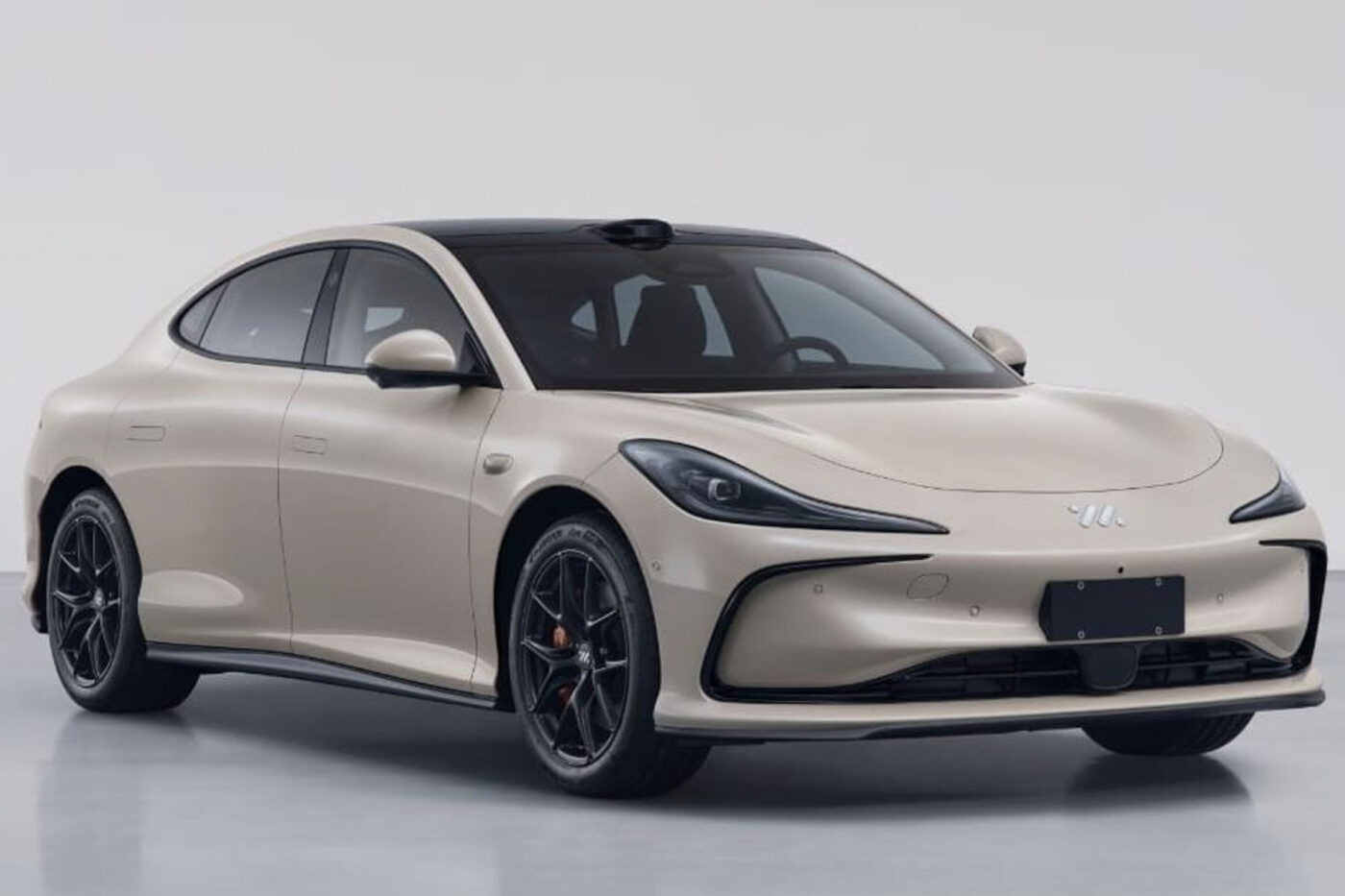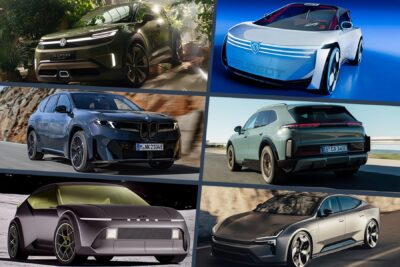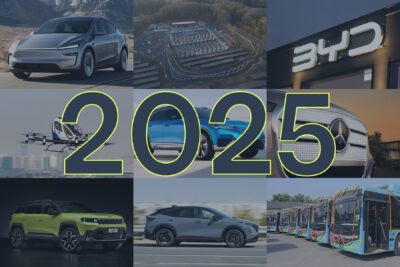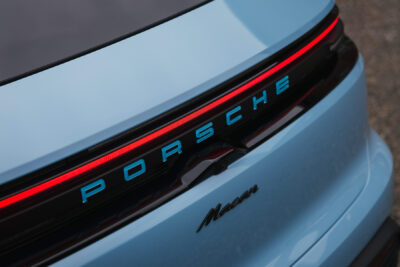SAIC to supply IM Motors EVs with solid-state batteries
2027 will be an interesting year in terms of the introduction of solid-state batteries. After CATL, Toyota and Nissan, SAIC is now also positioning itself as a pioneer of this technology and is committing to a similar time horizon to bring solid-state batteries into series production. Several media reports on a new strategic plan came out a few days ago, according to which SAIC intends to complete its first production line for solid-state batteries next year and start series production the following year. The first IM Motors brand models with solid-state batteries on board are planned for 2027. The energy density will then be over 400 Wh/kg, according to reports. Lithium-ion batteries with liquid electrolytes currently reach their limit at around 350 Wh/kg.
In a first step, SAIC plans to equip the L6 from IM Motors with semi-solid-state batteries this year, which, according to the manufacturer, will achieve an energy density of over 300 Wh/kg. The semi-solid-state batteries will also be used in other SAIC brands from 2025.
Cost to fall for solid-state battery production
China’s largest state-owned car manufacturer is keeping a low profile when it comes to further details. When it comes to solid-state batteries, SAIC merely states that the new battery technology will increase the safety of the batteries and that the production costs of solid-state batteries will be around 40 per cent lower than those of batteries with liquid electrolyte. SAIC’s battery strategy is embedded in a broader innovation approach that also focuses on digitalisation in the vehicle. The Chinese company is also expanding its cooperation network: For example, the state-owned car manufacturer recently signed a contract with Audi to jointly develop electric cars. The first electric car from the partnership is due to be launched on the market in 2025.
At the beginning of the year, the Japanese business newspaper Nikkei Asia revealed that a number of major Chinese battery and car manufacturers had formed an alliance to jointly drive forward the commercialisation of solid-state batteries. The Chinese government is said to be the initiator of the alliance. The consortium called China All-Solid-State Battery Collaborative Innovation Platform (CASIP) was founded in January with the aim of developing and producing competitive solid-state batteries and establishing a supply chain by 2030.
According to Nikkei Asia, CATL, CALB, EVE Energy, SVOLT, Gotion High-Tech and BYD’s battery subsidiary FinDreams Battery are involved in the alliance. There are also several state-owned manufacturers from the automotive industry as well as the private companies BYD and Nio. Other players include representatives from the government and academia. According to the Japanese newspaper, ‘influential state-sponsored funds are also on the CASIP membership list’. It is unclear whether SAIC is one of the state-owned manufacturers involved. The car manufacturer was not explicitly named when the plans were announced in February.
China wants to keep its lead
The alliance demonstrates that China will not allow its market-leading position in electric car batteries to be overtaken by a technological leap towards solid-state batteries. Against this backdrop, the new consortium will primarily focus on basic research, key technologies, the joint development and production of electric vehicles with solid-state batteries and the establishment of a corresponding supply chain. A member, CATL has now announced its intention to produce pure solid-state batteries in small quantities for the first time in 2027.
With regard to the alliance, it should be emphasised that the project coordinated from Beijing brings together competitors who are sometimes aggressively fighting for market share. One example cited by Nikkei Asia is the fact that CATL has sued its competitors CALB and Svolt for patent infringement. Together, the Chinese rivals are bringing together the initiatives launched in South Korea, Japan, North America and Europe to commercialise solid-state battery technology, which could outpace the Chinese industry. Toyota, for example, wants to launch the first electric cars with solid-state batteries in 2027/28, while Nissan also plans to do so in the 2028 financial year.





0 Comments